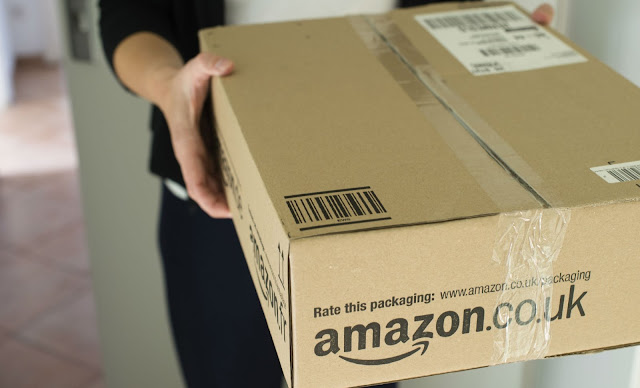The power of the name: why we prefer the well-known brand

Who has not ever heard someone saying that is better to buy one thing than another 'because that brand is already known? It is quite likely that we will not realize it while we are defending why we buy one thing or why we buy another that this element is having a direct impact on our buying decisions.
Why do we care if a brand is known or another is not?
In reality, it could be said that the same mechanism works that make us more careful when we open the door to someone we do not know someone who we do. From one we always expect the worst and from another, we expect the best. So, the way we interact with each other (even if we really know anything about each other) is completely different. You only have to look at the opening degrees of the door the next time we face this situation. As the person who is ringing the most known or most expected was the door, we opened the door to receive it.
With the brands, in the end, the same thing happens. The more we know a brand, the more trust we give to what it does and what it offers us. We hope fewer mistakes and we do not analyze with so much detail what is putting us ahead. The less we know about a brand, the more we act in a completely different way. We see the situation in a much less positive way, we are much more critical and we are much more suspicious.
To this, we add that, in a completely irrational way, we assume that the brand we know and its products will be better. We assume that they will be of a better quality, that they will have better results and that they are much more reliable. It matters little that in reality none of this is assured and that the lesser known brand may be superior to what we already knew, that their products may have much more innovation behind or a superior design. The known (unless we have a bad history with that mark) will always be better.
The power to make your name known
For this reason, brands invest so much money and focus such an important part of their strategy in making their name known, that it 'sounds' to consumers. That the name and the identity enter into the subconscious of the consumer can help in the moment of making the decision of purchase this brand.
But this also has a b-side, a situation that is positioned in the antipodes of what happens with known brands. For brands that are just starting out, for newcomers to the business world, the value of the name is a drag and one quite powerful. One of the reasons why it is so hard for brands to find their niche market and, above all, to conquer it is the fact that nobody knows them. Its name does not sound to consumers and therefore the entry barrier is much higher.
How to get rid of this problem? One of the strategies to follow is to position yourself using an intermediary: make some type of agreement at the launch that causes the new product or the new brand to 'contaminate' with a known name. A walk through the aisles of a supermarket allows you to easily find examples. Not a few newcomers launch with a message of another brand or product or as a gift with another product 'for you to try'. That is another way to reach consumers. They must be allowed to test the product without it being a problem (or a disbursement) for them to break the previous reluctance.


